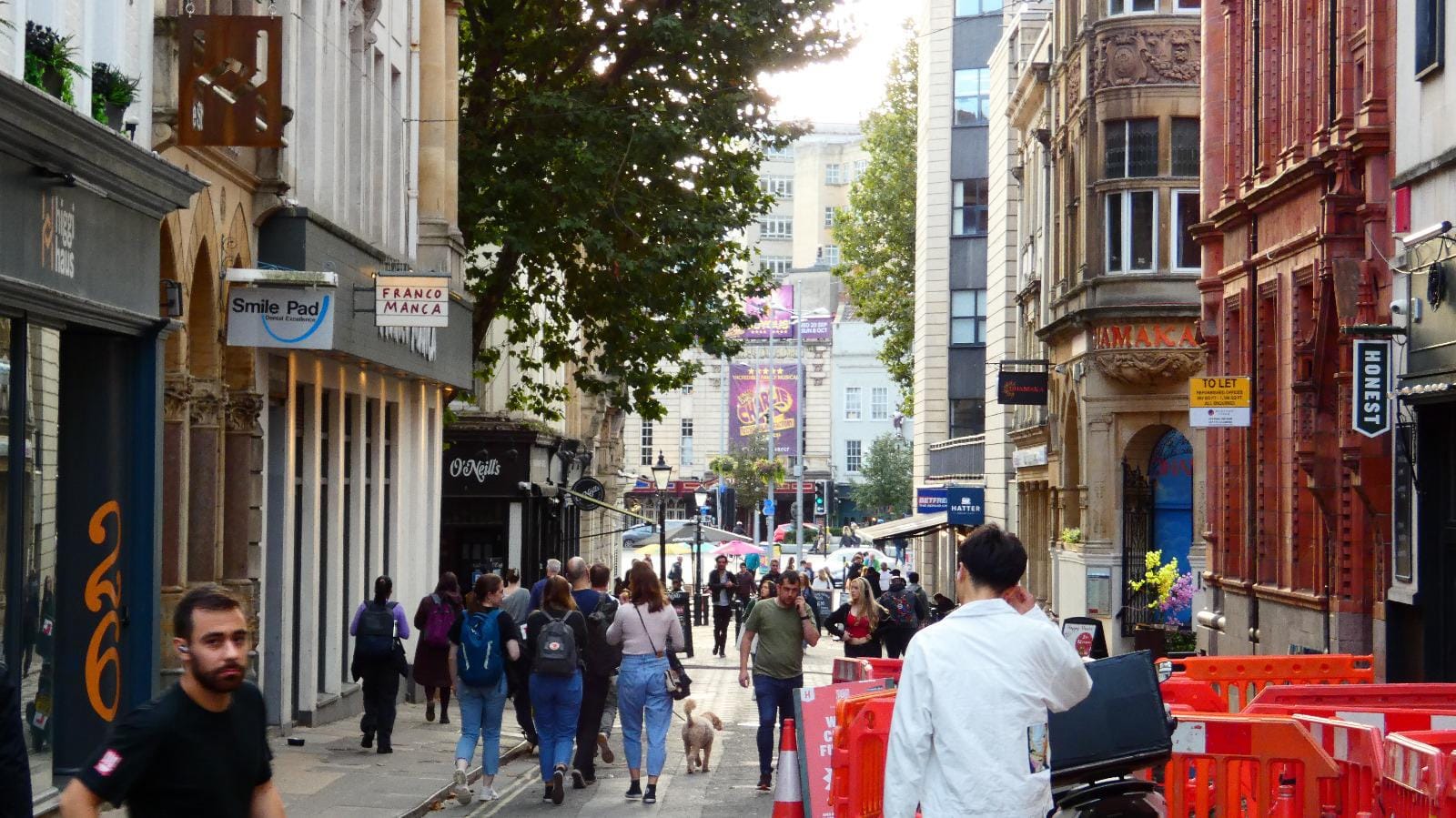By Luca Watson, Politics and International Relations, Third Year
There has long been tension on the issue of law and order within the Labour Party. Certain activists and MPs view crime as a sociological issue, so they give precedence to addressing structural factors that they perceive to be pushing people into crime. However, more holistic and rehabilitative approaches have proven a difficult sell to a general public that is broadly unsympathetic to criminals, and unconvinced by ‘soft’ policies on law and order. Tony Blair’s New Labour Party tried to reconcile these tendencies with his famous slogan: ‘Tough on Crime, Tough on the Causes of Crime’. Now it is Kier Starmer’s turn to formulate a palatable set of policies for tackling crime.
Starmer has been notoriously difficult to pin down ideologically, shifting from a distinguished Corbyn acolyte to an unrepentant member of the Right of the Labour Party since his election as leader. Yet the recent pronouncements by Labour’s shadow home secretary, Yvette Cooper, give a preliminary indication of a future Labour government’s approach to tackling crime. Speaking to BritsolLive, she announced Labour’s intention to boost neighbourhood policing by adding 1,000 officers in the South West, part of the 13,000 more neighbourhood police officers and PCSOs to be recruited nationally under a Labour government.
She singled out the issue of shoplifting, which has increased by 60 percent in the last year in Bristol, as meriting particular attention, stating that it is 'really damaging to town centres, local businesses, our local economy, and makes shoppers feel unsafe when they see criminals just getting away with it'. I believe Cooper’s indication that Labour will be proactive about tackling shoplifting, and serious about providing the resources to do so, is a step in the right direction.

There is a persistent trope of shoplifters as Dickensian characters, pinching meagre loaves of bread to stave off starvation. The reality is very different. As Cooper identifies, shoplifting has become the crime of choice for certain organised crime groups, as well as those who rely upon it to fund their addictions and the cynically opportunistic offenders. The notion of shoplifting being a crime of last resort for the repentantly desperate is outdated.
As with most crimes, shoplifting offences are dominated by a tiny number of persistent offenders. In New York City, with its population of almost nine million, just 327 individuals were responsible for almost a third of all shoplifting arrests last year. In other words, locking up less than 0.004 percent of the city’s population would have immediately cut shoplifting offences by around a third.
What this suggests is that although the police play a vital role in tackling offences such as shoplifting, the impact they can have is necessarily limited. Completing the painstaking detective work to identify, find, and arrest persistent offenders is the important first step, but becomes redundant if offenders are then immediately released to offend again.

Any serious attempt to reduce shoplifting must focus on what happens post-arrest. I have long been sceptical of the anti-carceral zeitgeist, and for good reason. Contrary to the oft-repeated maxim, prisons do work and are a highly effective method of reducing crime. The high number of prisoners that go on to re-offend once released is argued as proof that incarceration is ineffective, as it fails to rehabilitate criminals and turn them away from a life of crime. However, judging a prison’s effectiveness based on its capacity to rehabilitate criminals is a misnomer; rehabilitation is not the primary function of incarceration. Rather, I think it is incapacitation that ought to be considered as prison’s most important purpose. Locking people up robs them of their ability to continue committing crimes, which is especially important for crimes such as shoplifting where the bulk of perpetrators are persistent offenders.
Cooper’s announcement of Labour’s intention to recruit thousands more police officers and task them with the specific goal of clamping down on shoplifting is therefore one I welcome. But adding more officers is the easy part. The real challenge will be reforming what happens when the police have completed their job. Effectively stopping repeat offenders will require significant investment and enlargement of a penitentiary system which has been grossly underfunded to near breaking point. Whether Labour will be willing to take these necessary measures, and in doing so aggravate much of their liberal supporter base, will be the true test of their tough-on-crime credentials.
Feature Image: Kings Church International// Unsplash
What do you think about Labour's policies towards shoplifting? Is it enough? Tell us @epigrampaper









